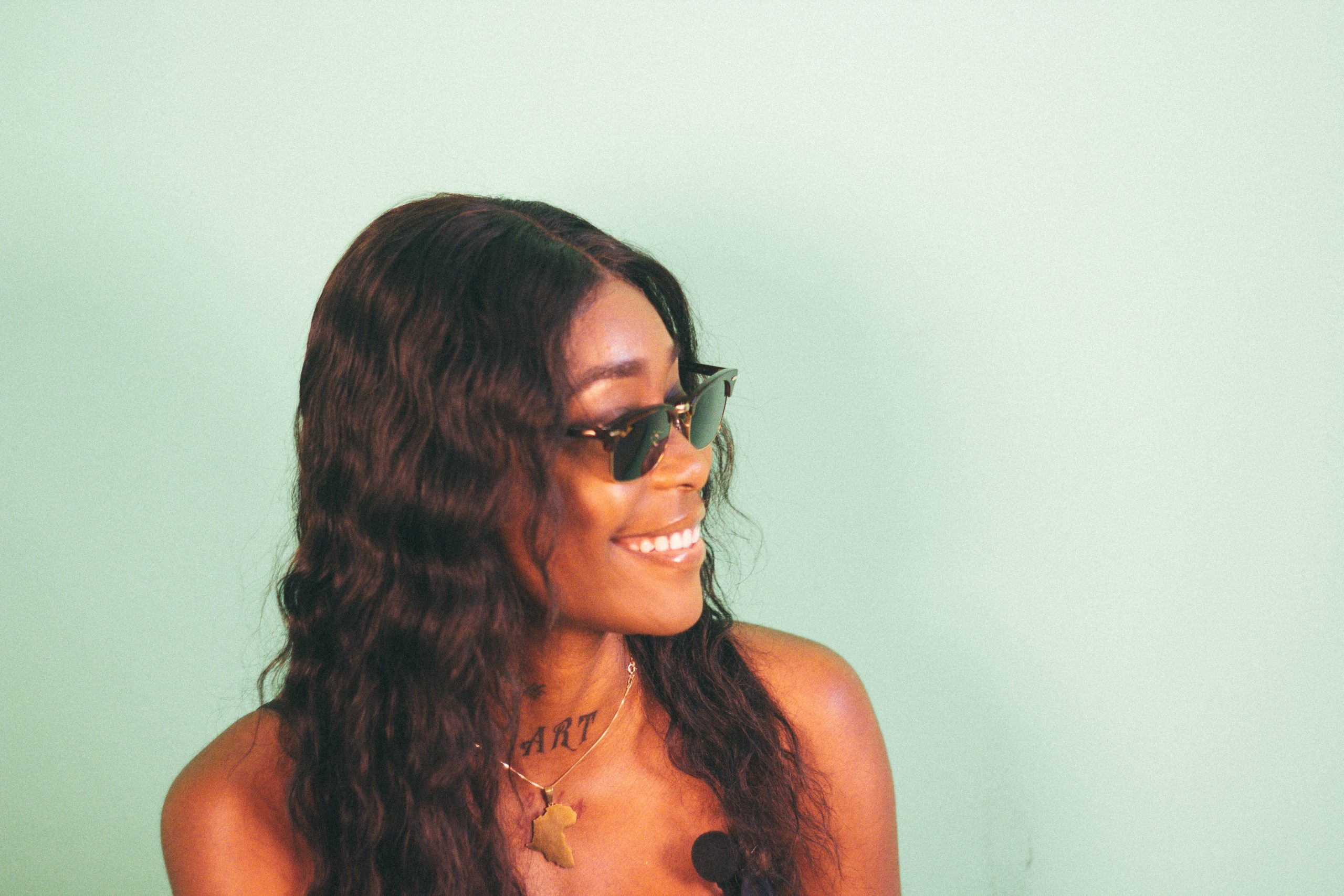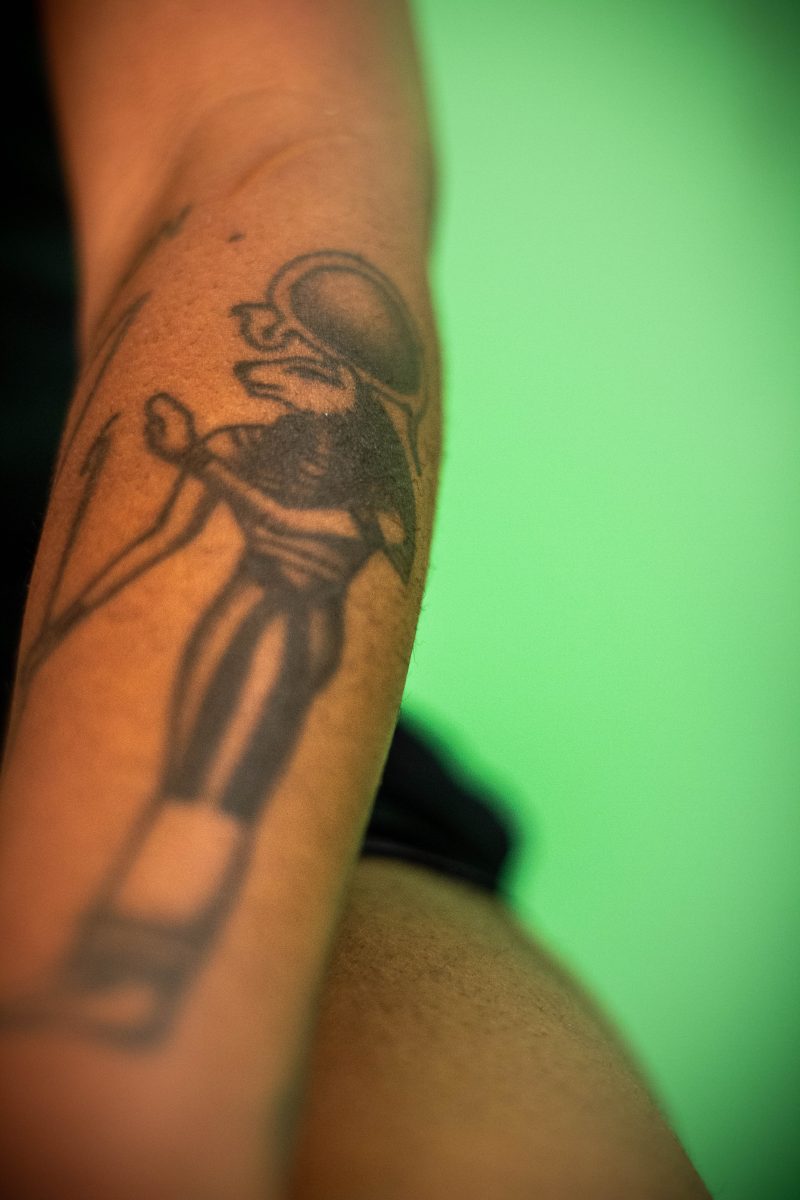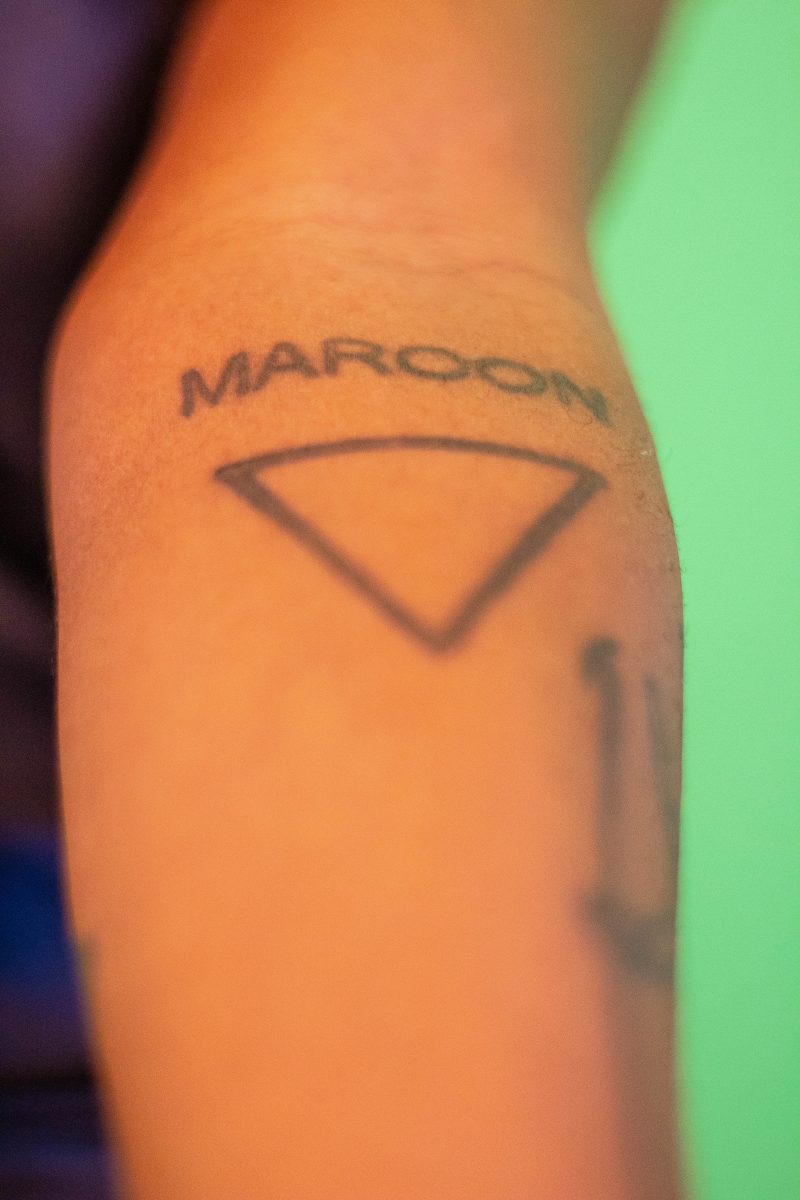Racquel Jones Escapes Pitfalls Of Local Mindset With Experimental New Album ‘IgnoRANT’
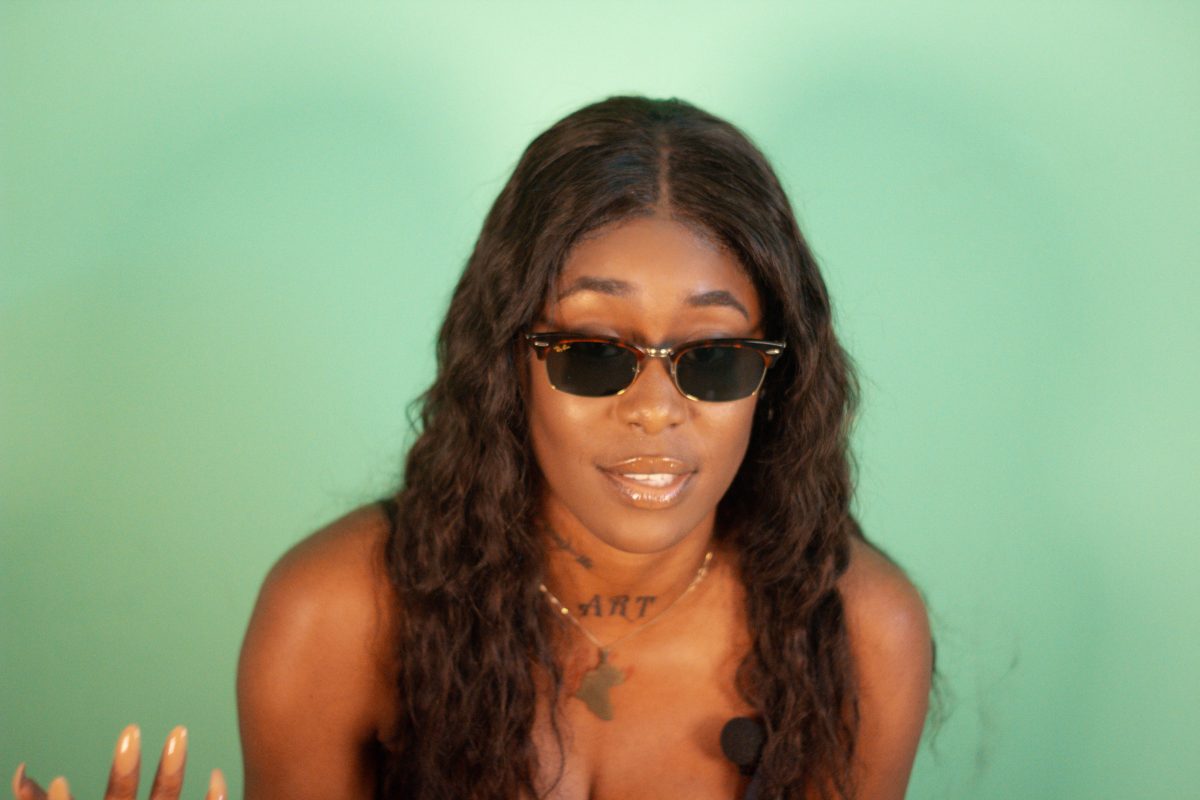
Very often, the discussion about the definition and distinction of Dancehall and Reggae from offshore genres, is predicated on the idea that a particular sound is the core of our genres. Yet, in all my conversations with music insiders and stakeholders, the shared idea that our artists define our music is perhaps the most sound. How many musicians does it take to make Jamaican music? The answer, at least one Jamaican. As Reggae and Dancehall continue to evolve, new looks, sounds, dramas, and most importantly, new characters are being born every day. This new wave will not be defined by anything as singular as sound. The future of Jamaican music is likely to only have glimpses and references of the Reggae and Dancehall we know today.
Racquel Jones is one of the most riveting examples of this new wave of artists who are ultimately an amalgamation of many influences. Through her work as a musician and visual artist, we are afforded vivid glimpses of her own uniquely personal synthesis of her many inspirations. Traveling and performing as a part of the electronic music group Thievery Corporation, Racquel was able to see firsthand how people from people all over the world would receive her inventive take on music.
Her debut body of work touches heavily on her experience as a Jamaican living and working abroad through her creative machinations. It features twelve tracks that seamlessly blend genres like punk, dancehall, reggae, jazz, hip hop, edm and more. Jones visited Jamaica for a short stint in June, and was kind enough to oblige an interesting conversation about her new music, life as a Jamaican artist abroad and some of the things we shy away from in music.
Where in Jamaica did you grow up?
Long bay, Portland.
Big family?
Both parents, three siblings. I don’t know if that qualifies as a big family but my extended family is reasonably big.
What is it like growing up in Long Bay, there in terms of the rural environment and schooling?
Well, it was beautiful. Education was very important because my mom is a teacher. A lot of things I learned were through Homeschool, because there were books and all of that around. I watched my mommy teach, my two older brothers before me. So learning was pretty easy. School was fine, I went to Titchfield High school which I think is one of the greatest highschools in Jamaica. Had to flex there for a minute. Yeah but education was super important in my family, you had to be able to learn to read, be very articulate and get really good grades, which I excelled in. It’s proven very useful to my career presently.
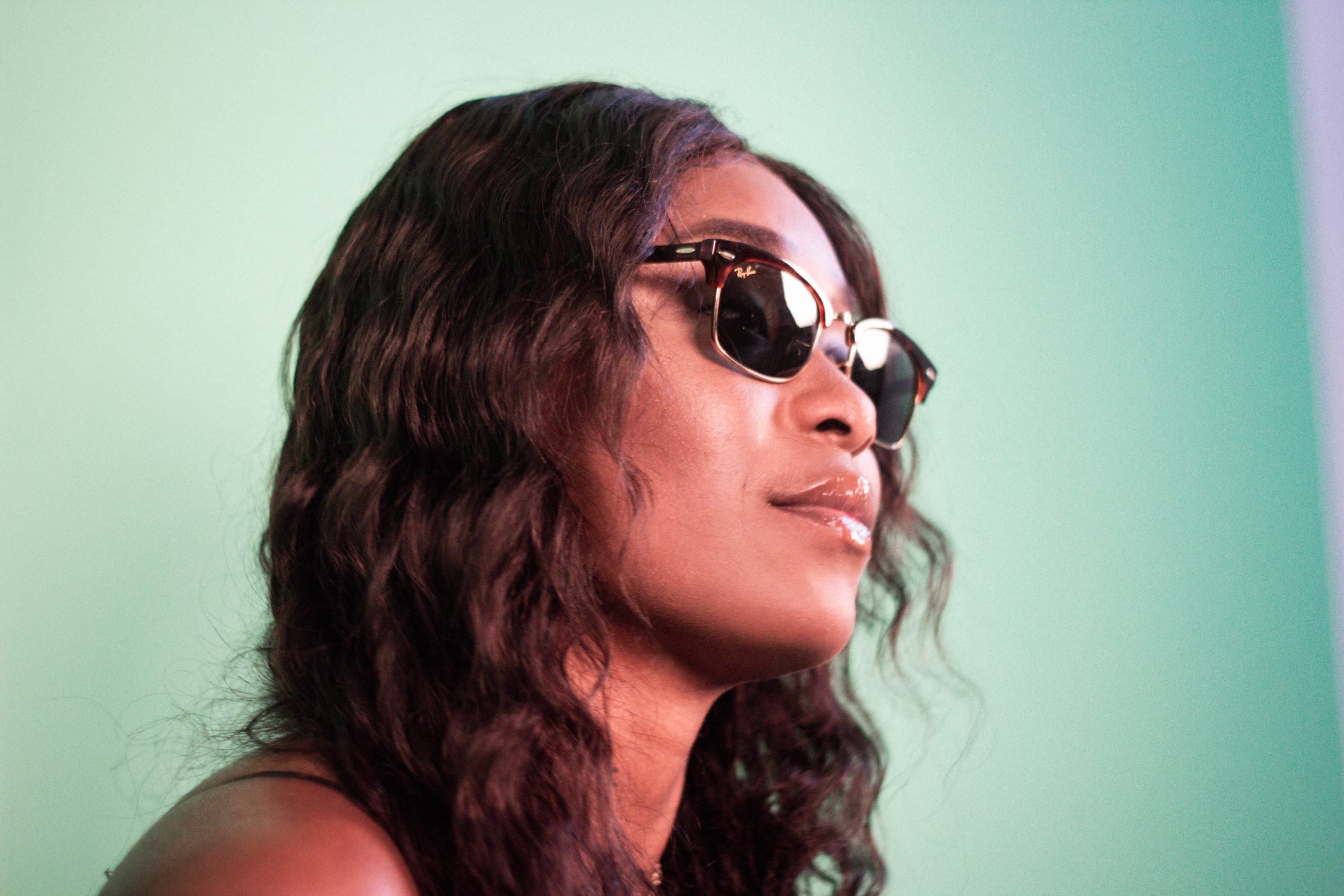
Was your interest in music present from that time?
Yeah pretty much, because aside from the fact that we come from a culture where we are completely saturated–one of the main premise of our entire culture is music. There is music literally everywhere. Jamaica is big on noise pollution aka music. But in my house, I grew up listening to gospel, my dad was big on rhythm and blues, Jazz and stuff like that. Then I have my brothers who gave me the hip hop, reggae and dancehall. So those were my first introductions to music. But in terms of getting involved with music, that happened as a result of me learning to play instruments and stuff. A family member of mine was a music teacher, so we had music around constantly. As you know, a lot of Jamaican artists develop and master their craft in church.
You grew up in church?
Yes. My family were Seventh-day Adventist so it was a bit intense. Worship starts from sunset on Friday evenings and lasts until sunset the other day. It’s ironic that we’re probably the most Christian country in the world given that we have the most churches per square mile, yet we are one of the most violent places. That enigma and that contrast is so interesting how those two impact each other. On the cover of my album where I have the gun Juxtaposed beside the bible; I was exploring those ideas and the stereotypes attached.
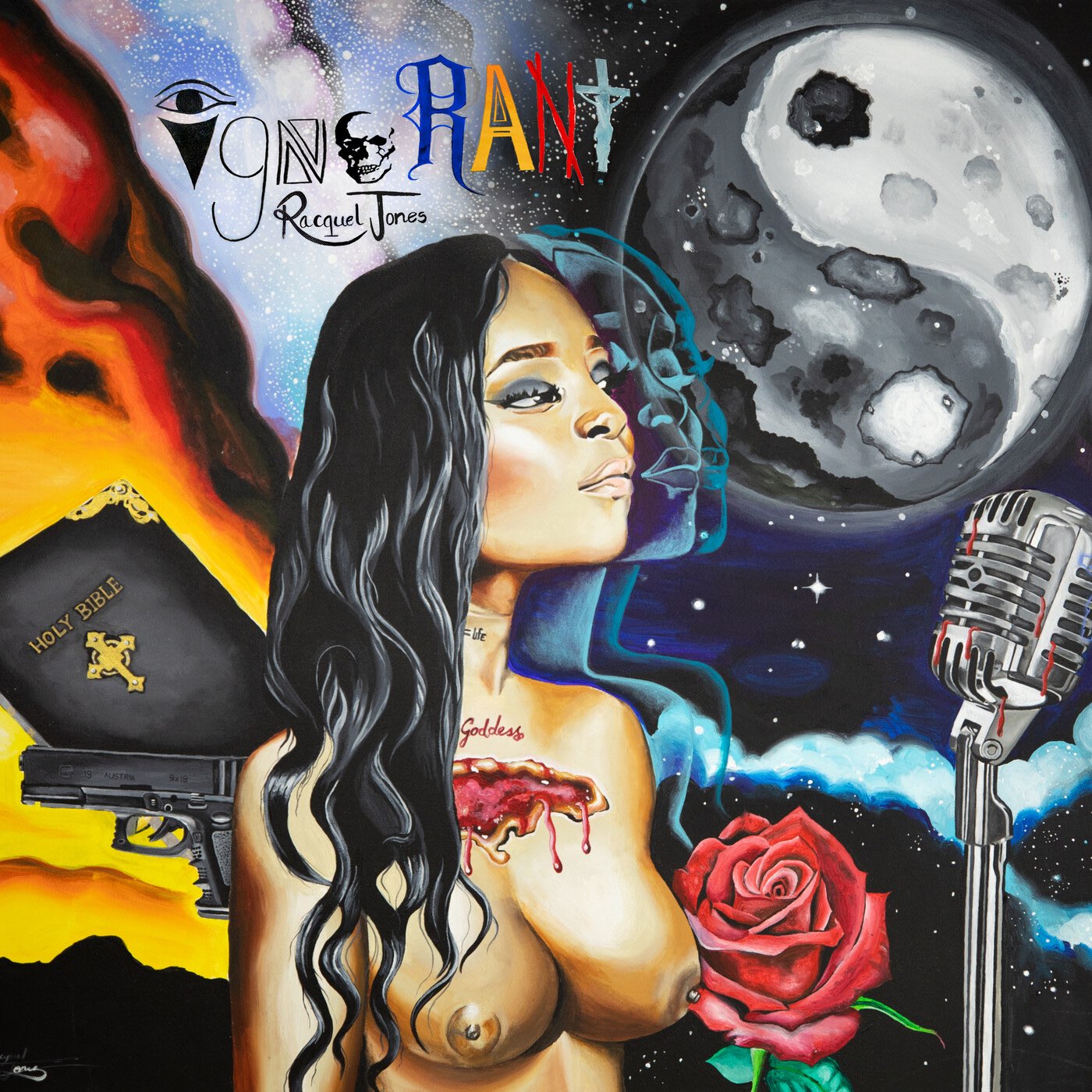
You mention the ancestors and spirituality even on the album quite a bit, was there a point where you started to consciously think about incorporating these themes into your music?
Well, I don’t spend a lot of time defining my music. I’ve invested more into understanding myself and then that plays out in my artistry. So my music is a combination of many things. It’s a combination of what was before me, my predecessors, it’s a combination of who I am and who I am becoming. It’s a combination of the culture I’m a part of, transcending wrong and right, living and being a vessel for that expression. I don’t define the sound or what the content is because today I could be inspired by hurt that affected me deeply, and tomorrow I could be inspired by making love. I don’t invest the time in defining what my music is supposed to be.
On the album you had many different kind of sounds being referenced, from reggae, to hip hop to dancehall, even Jazz and Kumina, how did the choice of influences come about?
I’m not just a musical artist, I’m also a visual artist so what I hear and see are intertwined. How that happened was, I knew that I wanted to put things I learned audibly on record, but what was important for me was important for me was that it needed to have substance. It needed to be saying something. A lot of artists are saying things but they’re not really saying anything. I needed something to be said that can be felt, that people can relate to, that’s not just trendy music which will go away. I needed it to be something that people can hear probably ten years from now and be like ‘yo I f-ck with this, this shit dope!’ But I needed it to be important and a reflection of me, my culture, and I need it to be a space where my people can feel like they have a voice.
It definitely comes together like that. One part that stood out in particular was the ceremony with the Kumina in the track Jungle where you said something spooky about spirits. Being abroad now, how do you find people who may not be as aware of the culture, responding to this kind of spiritual information in the music?
They find it interesting, they’re fascinated which gives me a chance to speak on it. I’m always excited to speak about the positive aspects of our culture, and the Kumina, the sound and how this Jamaican culture is unlike anything I’ve ever seen or experienced. There’s also the flipside of that fascination too where people ask questions, which I’m happy that the album itself asks these questions like; what is it about Jamaica that’s so violent, or what is it that’s so passionate in our people. So it gives me a chance to speak. Because it’s very very upsetting this level of violence and hatred that our culture has towards women, and I’m f-cking embarrassed to stand on international platforms and be asked questions and having to address it there.
My friend who is a female can relate to this too but there’s nowhere else in the world where I have to get dressed in the morning and have to think about whether I will be assaulted in this? Will I be harassed by men? There’s a possibility that if I refuse the unwanted advances of a man, I could be f-cking murdered. We don’t talk about that part; the disdain that men have for women in this culture. We don’t talk about how easy it is for us to be so violent with each other. How things can go from 0 to 100 in the snap of a finger. I find it’s nowhere as intense as it is in Jamaica, so for me it was a platform to address the good and bad in our culture. Because sometimes we tend not to highlight the bad and humiliate ourselves so we sweep it under the rug.
